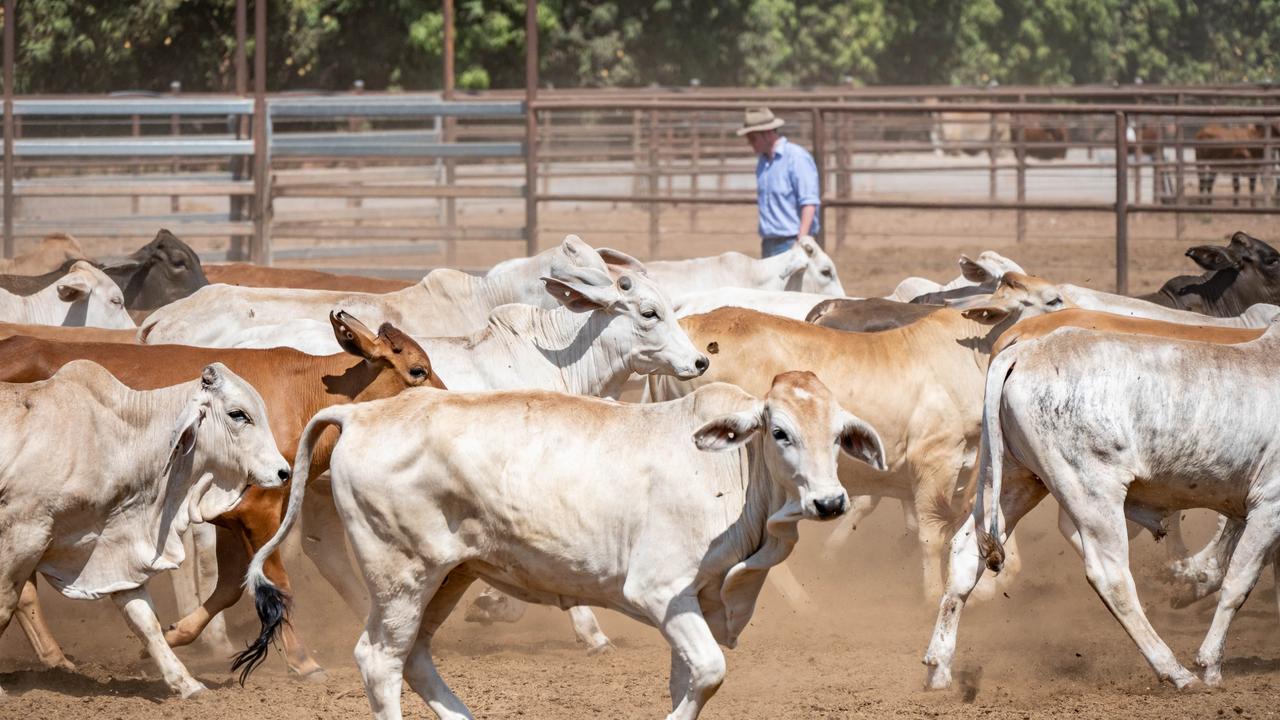New rules make it easier for migrant victims of family violence to remain in Australia
New rules make it easier for migrant victims of family violence to remain in Australia.

New migrants suffering family violence will be able to rely on evidence from midwives and other social support networks under changes designed to make it easier for them to maintain residency rights while they plan their future.
A new legislative instrument will be introduced to reduce the evidentiary burden on temporary visa holders experiencing family violence – overwhelmingly women – who have come forward seeking assistance.
Migrants who are victims of domestic violence and whose residency in Australia is tied to the visa of the abuser can receive special provisions to remain in Australia under the Migration Act, but the evidentiary threshold is high, requiring statutory declarations from medical professionals such as psychologists.
The changes will allow a broader range of evidence to be used and add midwives to the list of medical professionals who can provide evidence under the special provisions which allow victims to maintain their legal visa status while they determine their future. This gives them legal status to continue their application for permanent residency after the breakdown of their marriage or de facto relationships.

The change comes after fears were raised women were staying in violent and abusive relationships because they feared they and their children would be deported if they left the primary visa-holder. Victims were also fearful they would be left with no money or work rights if they were no longer in a relationship with the primary visa holder.
Other changes designed to make it easier for victims to navigate the special provision process include allowing risk assessments and reports to be submitted instead of statutory declarations to migration officials, and allowing advocacy and crisis support workers to provide evidence.
The changes follow consultations the Albanese government held with migration and family violence support and legal experts, who raised concerns about the difficulties victims and survivors were facing trying to meet the requirements of the existing special provisions relating to family violence for temporary visa holders.
The government said the new legislative instrument would “increase flexibility around the evidence that applicants must provide in order to make a non-judicially determined claim of family violence’’. The existing requirements were seen as inflexible and inaccessible, and in many cases required burdensome paperwork and double-handling of information.
Victims will still be asked to provide a statutory declaration – a document signed by a justice of the peace or similar title holder, swearing the contents of the document are true – to lodge as part of their special provision claims.
“We must do all we can to prevent women from having to choose between their safety or their visa status,’’ Social Services Minister Amanda Rishworth said. “I’m pleased we are making changes to ease the ‘non-judicial’ evidence requirements for victims of family and domestic violence seeking safety.
“We know many migrant women who are experiencing violence by an abusive partner may not have a support network here in Australia, and in some cases their abuser may be one of the few people they know.’’

Immigration, Citizenship and Multicultural Affairs Minister Andrew Giles said the government had “zero tolerance for family violence against anyone, including permanent or temporary visa holders”.
If you or someone you know is experiencing, or at risk of experiencing, family, domestic or sexual violence, call 1800RESPECT on 1800 737 732 or visit 1800RESPECT.org.au.
If you are concerned about your behaviour or use of violence, you can contact the Men’s Referral Service on 1300 766 491.




To join the conversation, please log in. Don't have an account? Register
Join the conversation, you are commenting as Logout